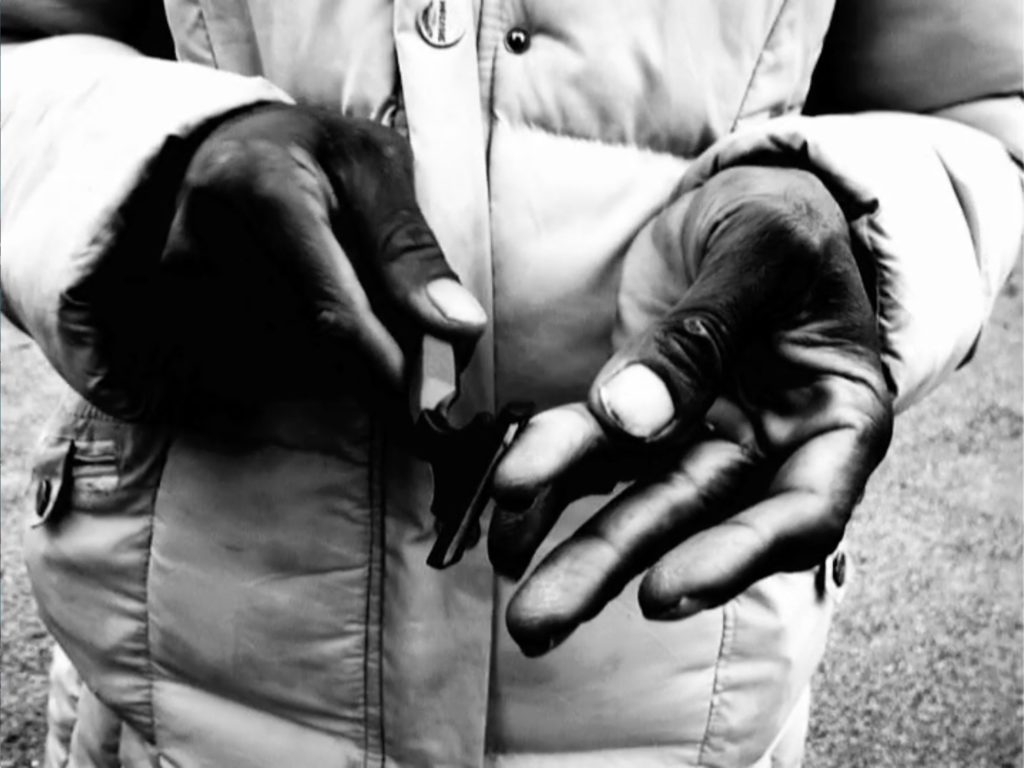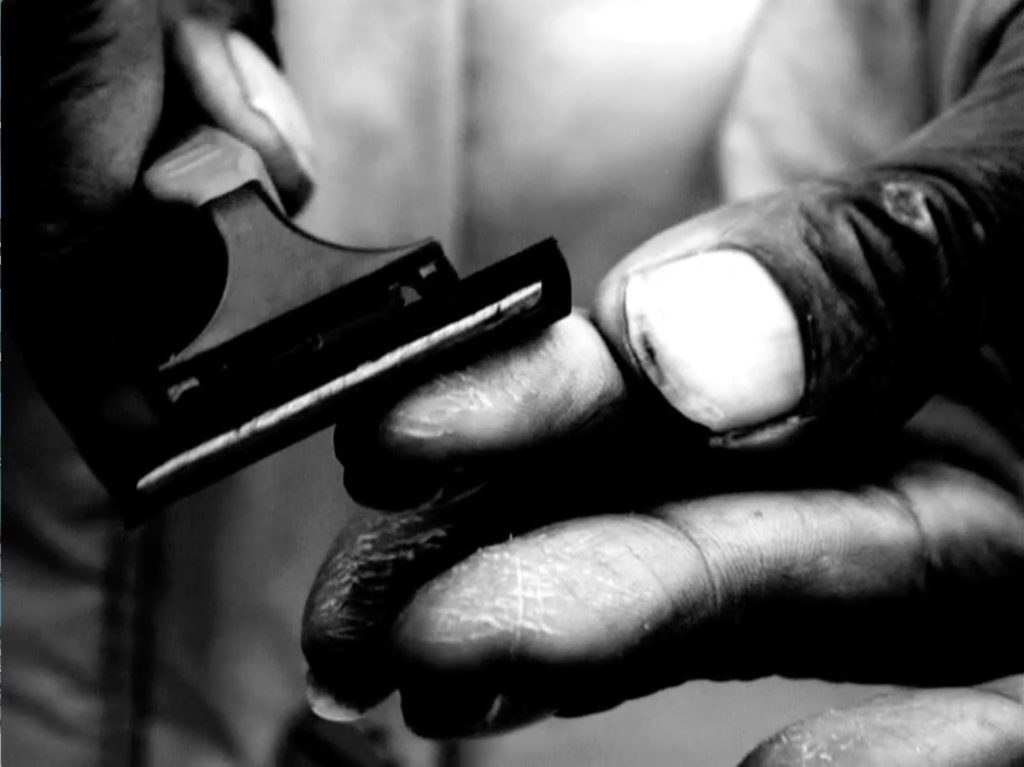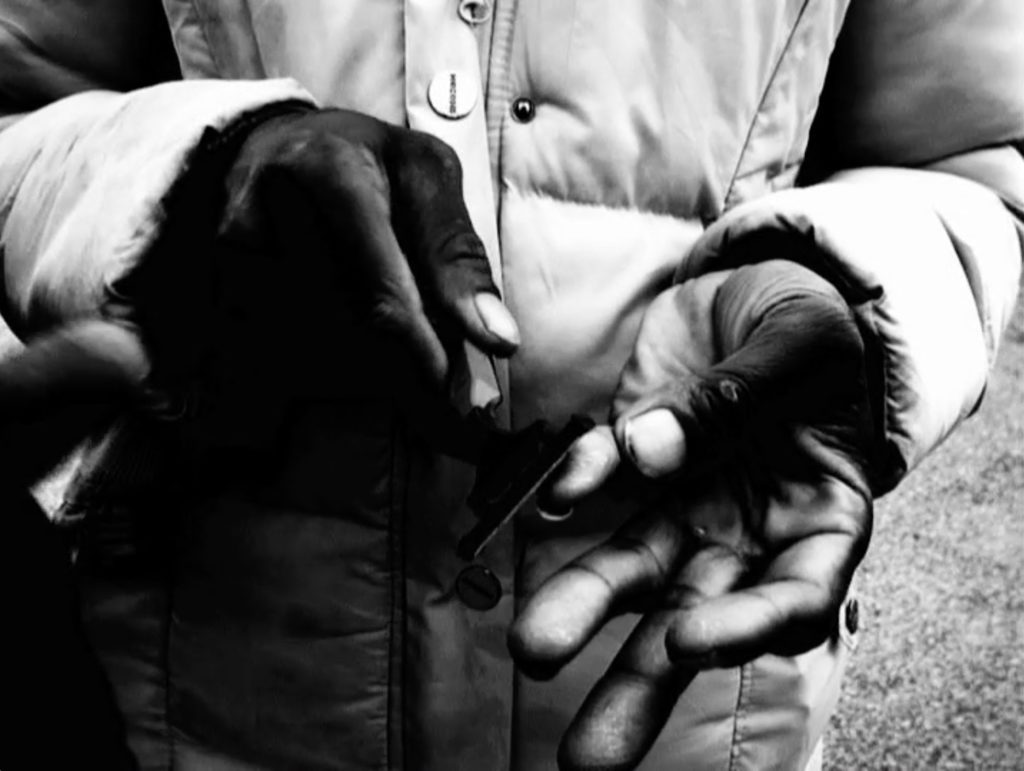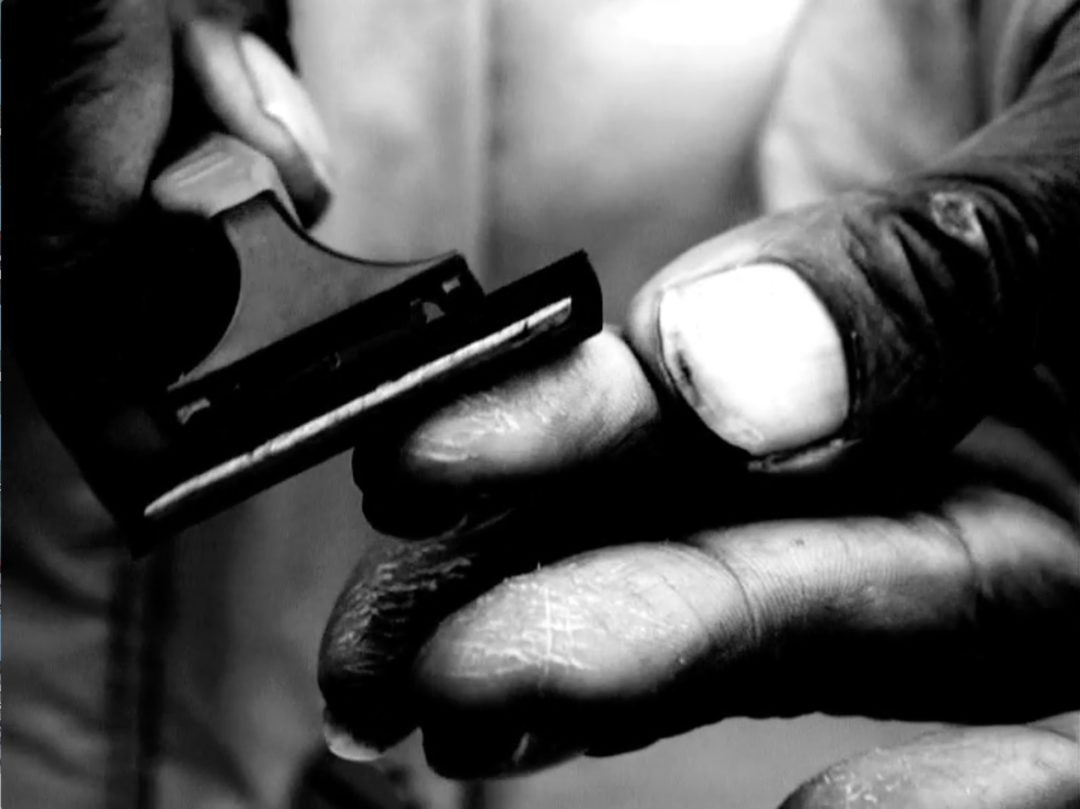Invited lecture and seminar
February 21-22, 2020
Department of Art and Art History, Graduate Program in Visual and Cultural Studies, University of Rochester
This lecture draws from new research on representations of migrants and migration. It pairs an interpretation of Retention, a sound art installation (realized at the Le Mesnil-Amelot II-III detention center in 2011) by Anne Zeitz and David Boureau with a reading of scenes from Sylvain George’s experimental documentary film, Qu’ils reposent en révolte… [May They Rest in Revolt…], shot in the “jungle of Calais” over several years starting in 2007. The seminar will look at recent Black studies scholarship, by Katherine McKittrick and Patrick Chamoiseau, that pose profound challenges to discourses of documentary representation. In both the lecture and the seminar, I bring together and reflect on interpretations of the artists’ work and ideas about blackness and representation drawn from contemporary Black studies scholarship, on the premise that Black studies gives us resources for engaging with images of blackness that art history and theories of contemporary art do not.



Lecture abstract: Refugee Imaginaries
A key sequence of Sylvain George’s magisterial Qu’ils reposent en révolte… [May They Rest in Revolt], shot between 2007 and 2010 in the “jungle of Calais,” shows several small groups of men removing their fingerprints. Some meticulously slice off their skin with razors; others methodically scorch their fingers on screws, heated to glowing over an open flame. In the sequence, both the filmmaker and his subjects—all of whom are African and black—offer a lucid and wry commentary on the relationships between the camera and the fingerprint, and between imaging technologies and European colonialism, whose unresolved legacies the men understand themselves to be living out. The violence of the men’s self-mutilation is, at the same time, evidence of their creativity and resourcefulness. At one point, as we see in close-up a man removing his prints with glowing metal, we hear voices talking off camera, explaining the challenges presented to their freedom of movement by the centralized European fingerprint database. One voice says, laughingly: “The Europeans have their techniques, but we, we also have our techniques.” The others chime in: “Africa united!” In this moment, the sequence seems less like a document of an ongoing catastrophe than a harbinger of things to come.
This lecture explores George’s work alongside that of other artists making work about refugees and migrants in contemporary Europe. From this work, I argue that a new cartography of blackness emerges. This new cartography exceeds the conceptual lexicons offered by theorists of contemporary art, including those of documentary and post-representation, which keep us trapped in the notions of inclusion and multiculturalism as they have been defined by Western liberalism. Taking the lead from both George’s film and from contemporary Black studies scholarship, by Katherine McKittrick, Sylvia Wynter, and Patrick Chamoiseau, I begin to theorize the confrontation, staged by the artists, between colonial and Atlantic world histories, conceptual frameworks, and modes of representation and those drawn from the lexicons of global migration.
Seminar description: Refugee Imaginaries II: Katherine McKittrick and Patrick Chamoiseau
In this seminar, we will look at recent work by Black studies scholars Katherine McKittrick (Canada) and Sylvia Wynter (Jamaica), and by the writer, Patrick Chamoiseau (Martinique/France), all of whom offer a series of counter-proposals to discourses of documentary representation (or post-representation) in contemporary art. McKittrick and Wynter deploy blackness in ways that deliberately challenge Western liberalism and corollary notions of the human. Chamoiseau posits that the imaginaries, territorial orientation, and forms of collaboration being devised by Africans newly arrived in Europe are changing the meaning of blackness in the world. Our itinerary will be open. What lessons can be drawn from contemporary Black studies for work on contemporary art, in visual studies, in critical migration studies, and in Europe?
